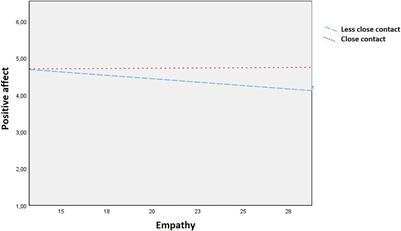EDITORIAL
Published on 08 Feb 2023
Editorial: Psychotic experiences, social cognition and pragmatic communication in the psychosis continuum
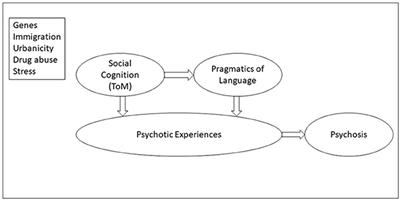
doi 10.3389/fpsyg.2023.1127477
- 1,139 views
- 2 citations
9,474
Total downloads
38k
Total views and downloads
EDITORIAL
Published on 08 Feb 2023

ORIGINAL RESEARCH
Published on 14 Jun 2022

CONCEPTUAL ANALYSIS
Published on 11 May 2022
ORIGINAL RESEARCH
Published on 29 Apr 2022
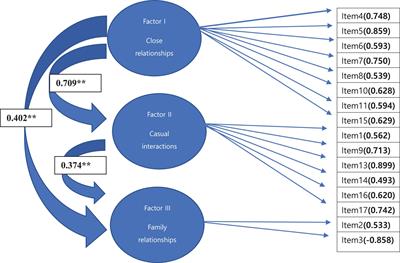
ORIGINAL RESEARCH
Published on 14 Apr 2022
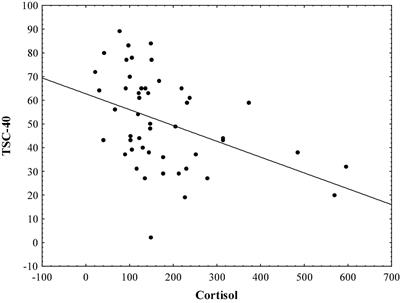
ORIGINAL RESEARCH
Published on 07 Apr 2022
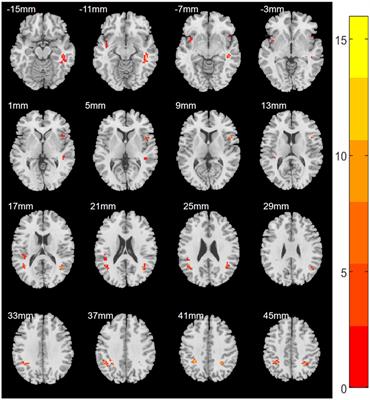
ORIGINAL RESEARCH
Published on 24 Feb 2022
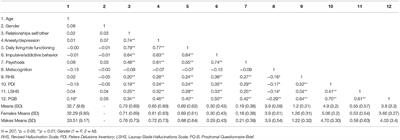
ORIGINAL RESEARCH
Published on 24 Feb 2022
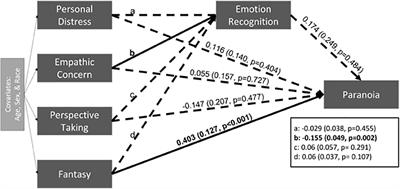
ORIGINAL RESEARCH
Published on 23 Feb 2022
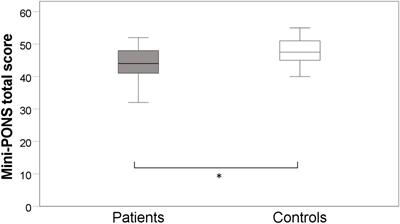
SYSTEMATIC REVIEW
Published on 02 Feb 2022
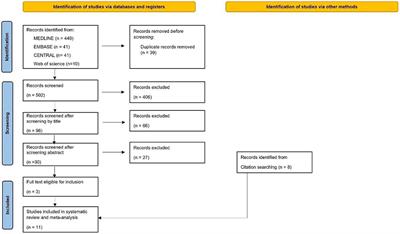
CLINICAL TRIAL
Published on 24 Dec 2021
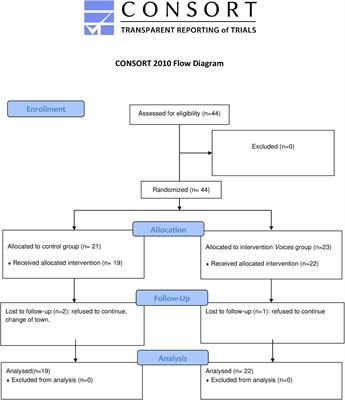
ORIGINAL RESEARCH
Published on 16 Dec 2021
